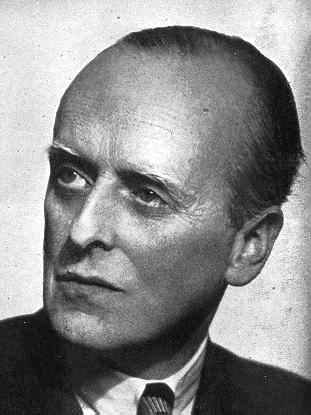

ERIC COATES
27thAugust 1886 --- 21stDecember 1957
Last Updated on 2018
By Steven Ritchie
And now for the Music

Thanks to George Pollen for the music below. Link to his Wedsite on my Bookmark Page.
"Knightsbridge March". Sequenced by George Pollen.
"Soliloquy (My boy Bill) from Carousel". Sequenced by George Pollen.
Thanks to James Pitt-Payne for the music below. Email (drjames@ntlworld.com)
"Bird Sing At Eventide". Sequenced by James Pitt-Payne. "I Heard You Singing". Sequenced by James Pitt-Payne. "Knightsbridge March". Sequenced by James Pitt-Payne. "The Dam Busters March". Sequenced by James Pitt-Payne. (3002)"Halcyon Days (Elizabeth Tudor)". Sequenced by James Pitt-Payne. (3003)"Sleepy Lagoon". Sequenced by James Pitt-Payne. (3004)"Star Of God". Sequenced by James Pitt-Payne. (2932)"Princess of the Dawn". Sequenced by James Pitt-Payne. (2933)"The Fairy tales of Ireland". Sequenced by James Pitt-Payne. (2934)"The Green Hills of Somerset". Sequenced by James Pitt-Payne. (2935)"The Little Green Balcony". Sequenced by James Pitt-Payne.

If you done any Classical pieces of say for example, Delius, mozart, and so on etc,
please email them to the classical music site with details to
"classical (@) ntlworld.com" written this way to stop spammers
just remove spaces and brackets for email address, thank you.

Visitors to this page --

Back to Classical Midi Main Menu click "HERE"